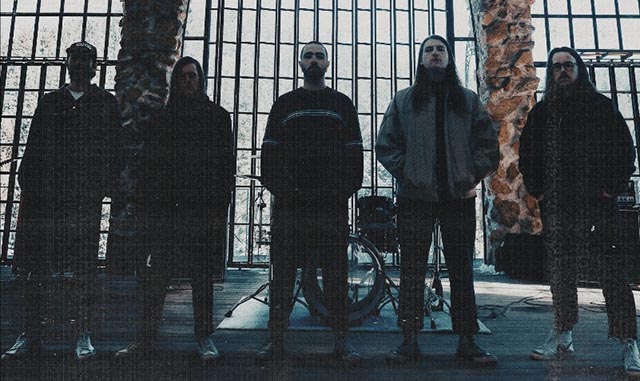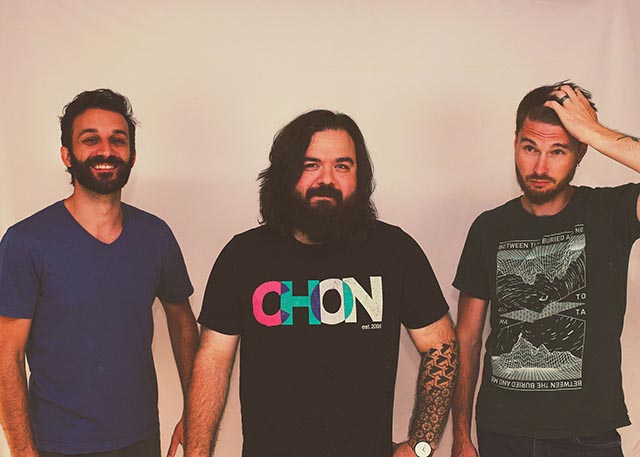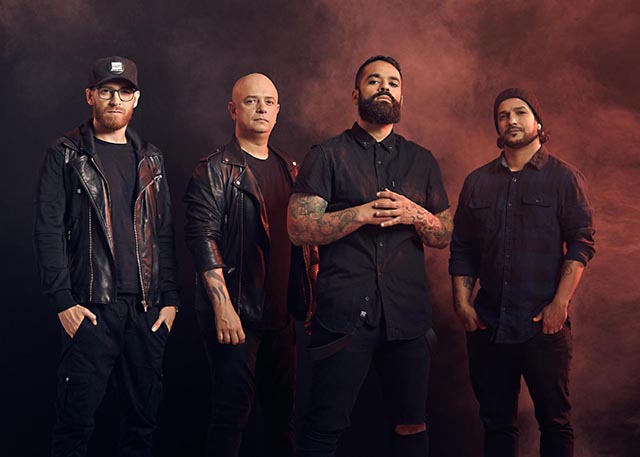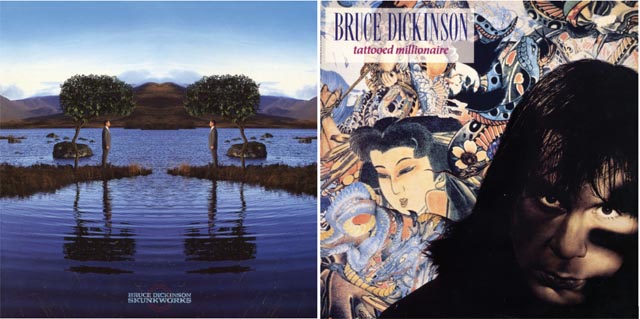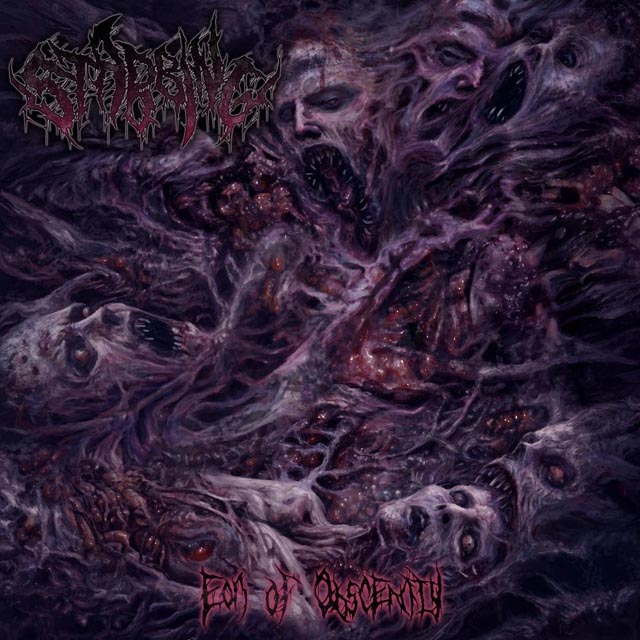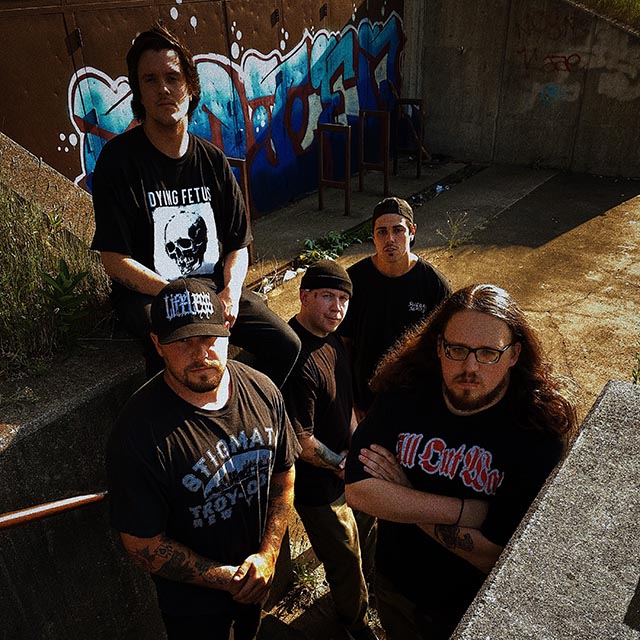
Midwest metallic hardcore outfit Purgatory are set to release their new album, Lawless To Grave, tomorrow (pre-order here). We asked the group to list five things they learned about recording an album during the COVID-19 pandemic.
Matt Anderson (vocals):
I’d say for me, a thing I learned about writing a record during a pandemic is to hold no expectations. So basically just having patience. We had plans halted on more than one occasion but we utilized the extra time to revisit and refine the things we wrote. With a couple of the guys living out of state we don’t get to do a ton together as it is, so we contributed more time to doing things via FaceTime and sending Dropbox links back and forth and working through recording so we could fit things together. It also helped that the world was in an atmosphere of chaos and disarray so in its own twisted way it helped pump out a feeling of panic and anxiety within the sound of our new record as well.
On another note, we learned how to strengthen our bonds and friendships with each other in the band even more. Not having the option to link up when we wanted made us just work harder to be closer from a distance. It makes it very seamless when you get together causing things to just flow effortlessly almost. It taught us to keep pushing and keep fighting. The world may have felt like it stopped dead in its tracks but we kept things rolling like a damn freight train never stopping, always pushing and growing within and outside the band as friends and individuals. It wasn’t peaceful and peachy at all times, there were moments we wanted to kill each other but you learn to work through it and harness it. What else do you have to do during a shutdown other than attack any and all weaknesses and uncertainty? Keep pushing on.
Josh Mata (guitar):
To be honest, patience. Being so far from one another and having the pandemic halt a lot of our visits we had to be patient with one another getting riffs recorded and sent to one another to make songs and structure them. It was difficult at first but once we all got in a routine it came a lot easier. Also communication had to become an everyday every hour kind of thing to be able to make these songs and album work. I’m sure we annoyed the fuck out of one another but without that this record wouldn’t be badass.
Tito Richmond (bass):
There’s definitely a lot to be said about being flexible as a unit when it comes to writing a record In the context of a pandemic. For Purgatory as a group we had a bit of a leg up because we’ve grown accustomed to working long distance. Relaying new material and working on new songs as a group certainly comes easier when you’ve already been working in that context. That being said there certainly was a heavy atmosphere I think everybody experienced to certain extent. When the shutdowns first started it was almost like a palpable anxiety. The feeling that anything could go wrong, and wondering what the next change might mean in terms of continuing our work.
That being said we have a little experience working under similar conditions with the exception being that all prospective live shows were put on an indefinite hold. So for all of us as individuals it meant honing the new material was the entirety of our focus as a group. When writing separately from the rest of your band or even just writing on your own I personally struggle with the concept of existing too far inside my own echo chamber. Constantly scrapping and reworking even the smallest aspects of any project. So it’s a massive necessity to find new ways to communicate and picking out the best way for all the elements to run together cohesively. I feel like Lawless to Grave is a piece of music that just bulldozed it’s way through all of that. It’s powerful and the isolation, anxiety, and even despair is taken into stride. It’s not strong despite the difficulties the pandemic presents, it’s strong TO spite these difficulties, it’s fighting a force of nature. It’s rolling right over it.
Collin St. Mary (drums):
I’ve learned that writing a record during a pandemic really makes you hone in and tweak whatever it is necessary for the best outcome. When COVID hit and even before it we would spend every weekend bringing new ideas to the table, making at least one change to a song to figure out what would be best. We never just settled for the first thing we came up with, we always try to see if we can make subtle or major differences to parts in our songs to make them standout.
Recording during a pandemic taught me a lot, coming back from my first time recording at an actual studio I brought home more tools and knowledge on how to do things differently at my studio that I didn’t know about prior. 4 days with Len Carmichael really showed me what I should be doing more of with recording, mixing, and making a whole album with a band and also made me realize how important it is to come to a studio ready to set everything in stone. Having him and the other guys always pushing me to do better has helped me grow so much.
Brian Pilla (guitar):
Writing and recording a full length album during the pandemic had me at times lacking motivation. With us not being able to attend shows, tour or get to experience most of the things that normally come along with being apart of the hardcore community you tend to get frustrated or discouraged but I’ve always managed to find ways around that by listening to music for inspiration as well as trying to jam with the band and friends as much as possible. The rest of the boys would always get on my ass to make sure I was good and wouldn’t let me slip up, they also played a huge part helping me keep a positive mindset and keeping me on track. Getting the full band together for us is a bit difficult with Josh and Tito both living across the country but even with the rest of us back home getting together and bouncing ideas back and forth with the other guys through Dropbox links or over FaceTime, I think we all learned to work better together as a whole band during inconvenient or difficult situations which improved our organization skills and pushed us to become better musicians during the whole process.

